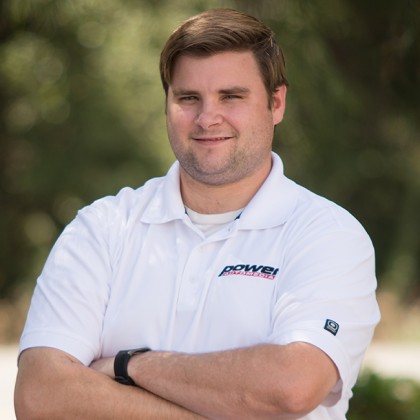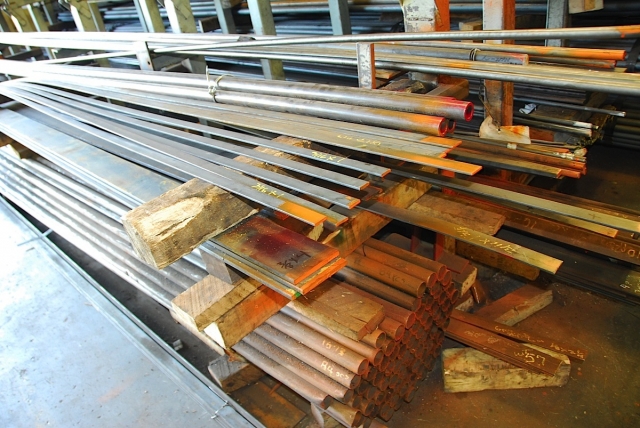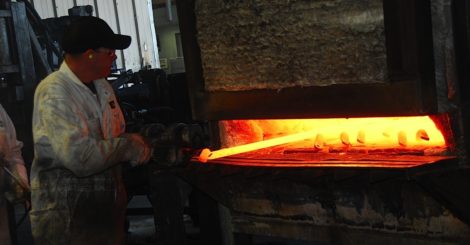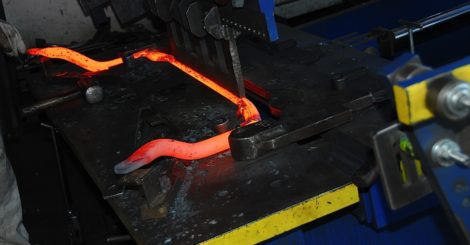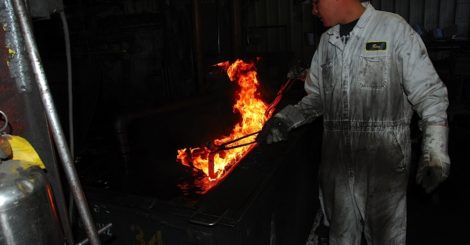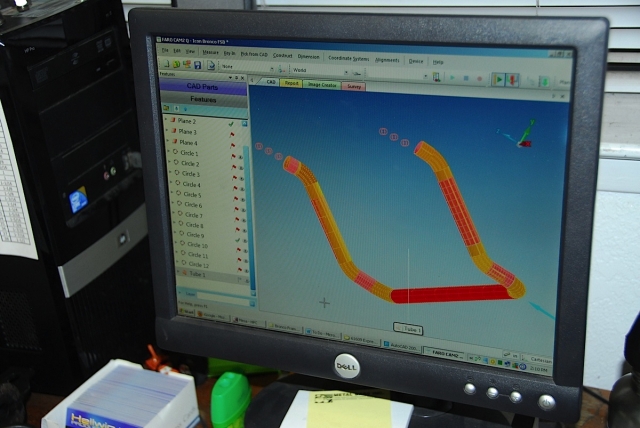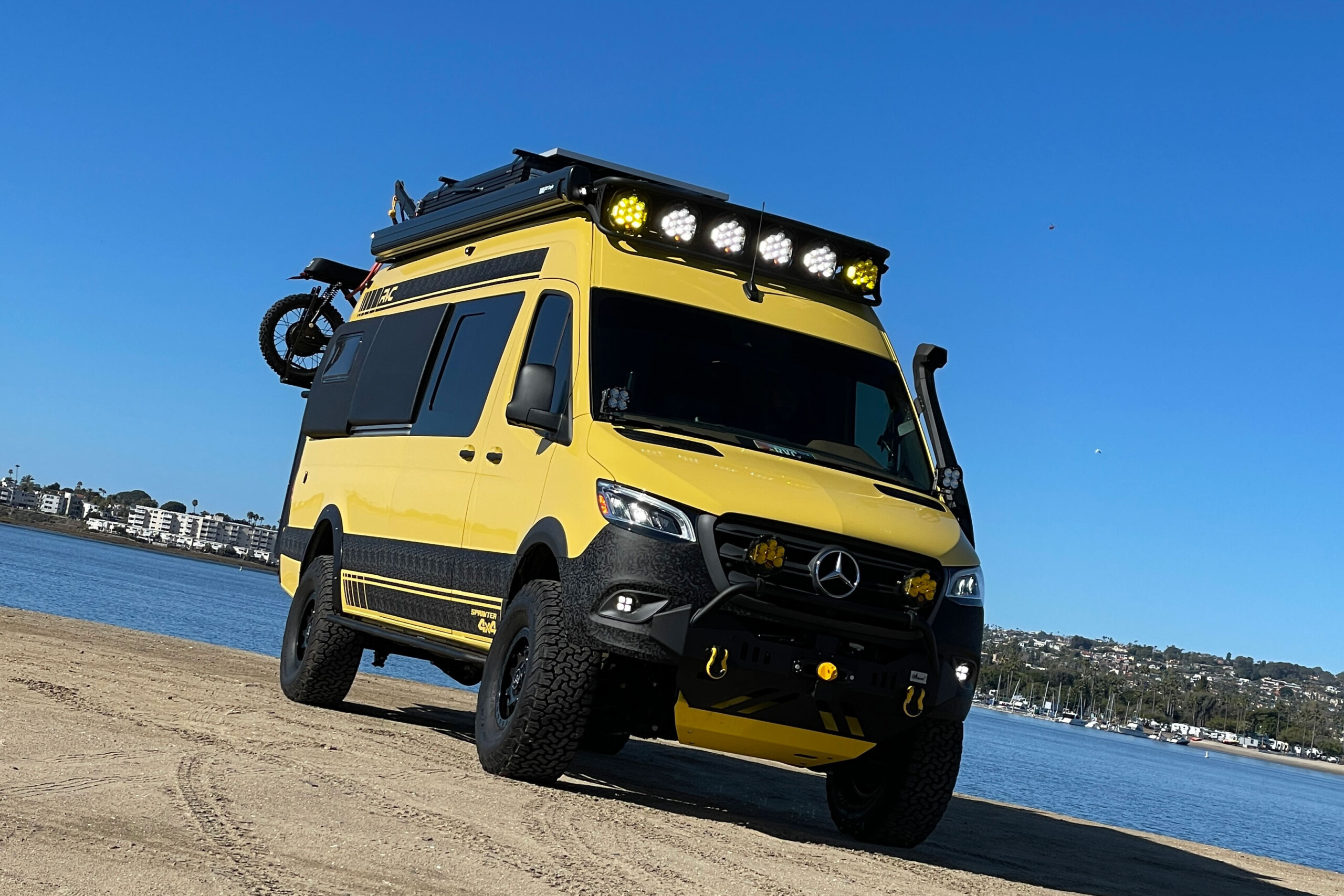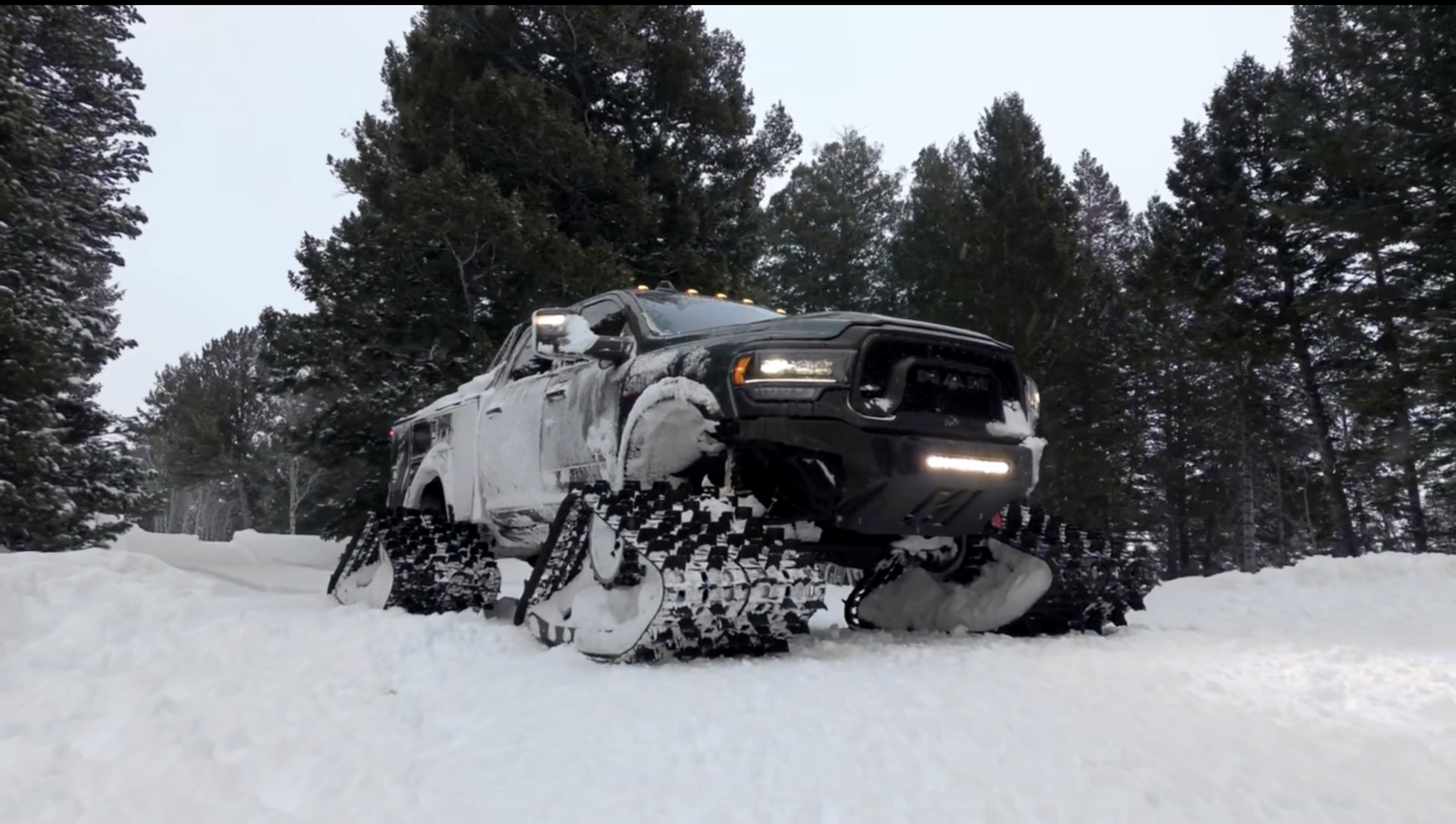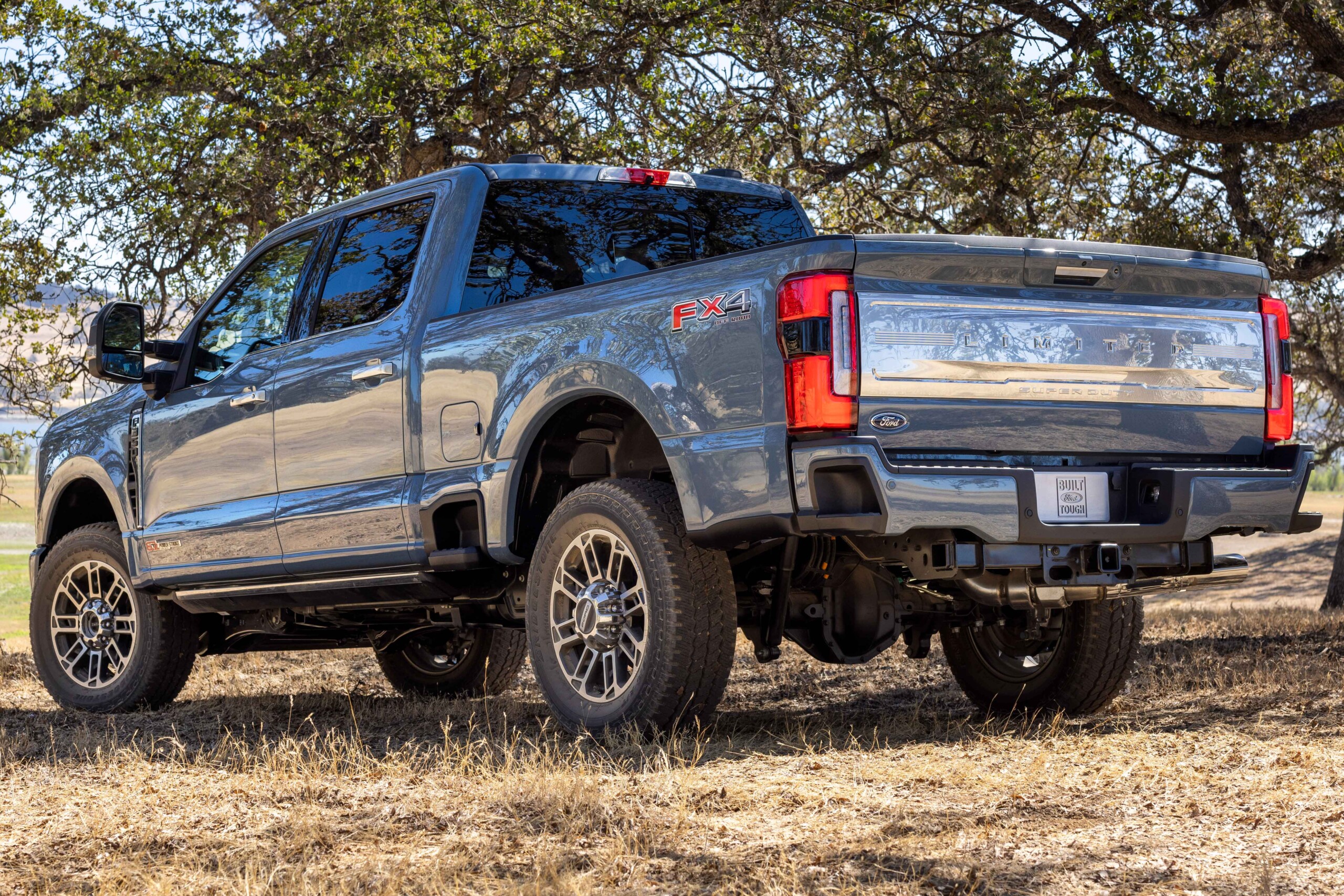Every once in a while, we get the chance to peek behind the scenes into one of the greats in the automotive aftermarket. Our latest opportunity was at Hellwig, the sixty-year-plus, family owned and operated suspension-products company located in Visalia, California.
Mark Hellwig, president of Hellwig, and second-generation family owner, has consistently demonstrated a capacity for keeping an ear to the ground and an eye of the future. He was able to answer some of the questions we had about the company’s facilities.
On one section of the grounds, we find a healthy stockpile of metal awaiting future use for the company’s multitude of products, from end links to leaf springs to sway bars. American-made steel strips and tubing lie here, and come available in 4140 chromoly for the sway bars and 5150 chromoly for the helper springs, as a couple of examples.
Vast and wide sat the stockpile, and from its wealth, Hellwig makes extensive use–over the course of a year. Hellwig told us, “we package about 25,000 units a year. And if we throw in the OE and private label products, that number goes up to about 60,000 to 70,000 units a year.”
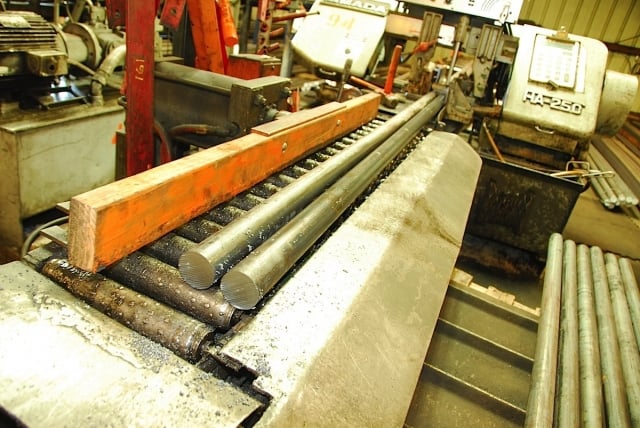 Helping to accomplish that feat are the massive machines in the manufacturing area, such as the Amada HA 250 band saw, as well as a number of CNC machines about the place. Among those were some press brakes for bending sheet metal, and other metal-forming equipment, as well as plasma cutters. Complicated punch presses were in action as well, slamming down with tons of force to create the right shapes of steel plates.
Helping to accomplish that feat are the massive machines in the manufacturing area, such as the Amada HA 250 band saw, as well as a number of CNC machines about the place. Among those were some press brakes for bending sheet metal, and other metal-forming equipment, as well as plasma cutters. Complicated punch presses were in action as well, slamming down with tons of force to create the right shapes of steel plates.

In less than a minute, a two-man team extracts, shapes, and deposits into an oil bath a Hellwig heat-treated product, like this sway bar.
They say if you can’t take the heat, you’d better stay out of the kitchen. In Hellwig’s case, it was the factory far more than the kitchen that had us sweating and shielding our eyes, as we cut a wide berth around the massive furnace used to make everything from sway bars to control arms. You can see in the video above just how quickly the guys have to operate, as they rapidly grab the molten sway bar, shape it, and dunk it into a boiling tank of mineral-based quench oil in less than a minute.
“The oil, which is at a temperature of 100 to 215 degrees, depending on the part, is designed to pull heat out at a very specific rate, which allows the grain structure to form [safely],” explained Hellwig. It serves as a vital closing step to the manufacturing process, as it removes a lot of the buildup and slag without causing the part to become misshapen or simply fracture.
What results from all this hard and trying work is a product to be proud of. Heat-treated, stress-tested, and growing across an ever-increasing list of platforms, ranging from street performance to off-road and towing applications, Hellwig has proven time and again that hard work and high tech are the way to advance. To find out more, visit Hellwig’s website and Facebook page.


